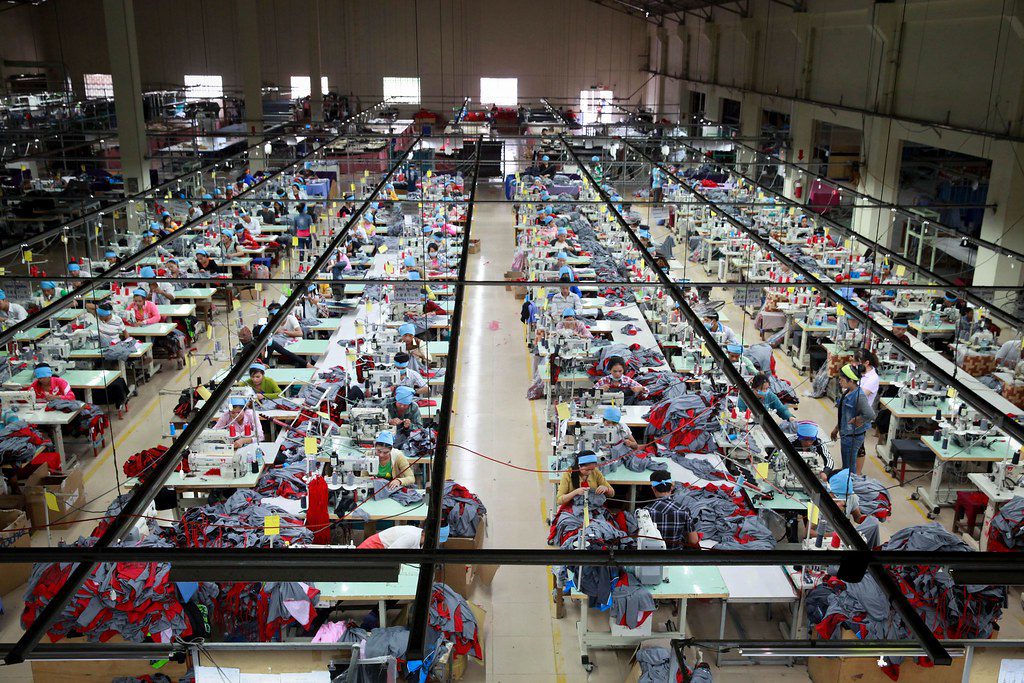
Research Snapshot: Study of indirect sex workers from the garment industry
The ILO has recently conducted a number of diagnostic research studies to examine the impact of the global economic downturn on the Cambodian garment industry. The main objective of these studies is to strengthen our understanding of the human, enterprise, and sector level impacts of the downturn, examine the responses adopted, and to assist in the design and implementation of programmes and policies to help the industry recover and help its workers –both employed and displaced- obtain decent, productive employment and access to social protection. This research snapshot presents the findings of a small complementary study examining the plight of a group of much talked-about but little understood workers: those who have left the factories during the crisis and started work as indirect sex workers in the entertainment sector. The specific focus of enquiry in the study concerns the vulnerabilities these workers face to HIV/AIDS -one of the most critical workplace issues in Cambodia today. The narratives obtained in this study lend a much-needed human face to a group of workers who are too often the subject of negative stereotyping. Such stereotyping not only demonises and degrades these workers as humans, but it also undermines their ability to claim fundamental human rights and entitlements and pushes them into further marginalised positions away from vital health and educational services. The end goal of the study is thus to better understand the situation of these workers so that we can then offer practical assistance to reduce their HIV related vulnerabilities.
Read more here.
